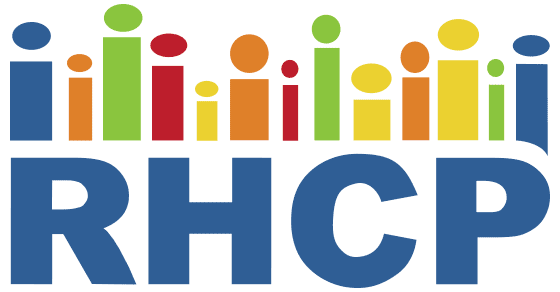Community Engagement With Vulnerable Populations
Mayo Clinic Proceedings Sept 2020
During the COVID-19 pandemic, RHCP and other community-engaged research (CEnR) partnerships at Mayo Clinic worked to address the disproportionate impact of the virus on vulnerable populations, including immigrants, racial minorities, and those facing socioeconomic hardship. These groups experienced higher infection and death rates due to pre-existing health disparities, limited access to care, and structural barriers like crowded housing and unstable employment. RHCP adapted a crisis and emergency risk communication (CERC) framework to co-create culturally relevant messaging and support systems in multiple languages, helping communities understand prevention, testing, and the broader effects of the pandemic.
Efforts included training communication leaders from diverse backgrounds, collaborating with faith-based organizations, and expanding testing access through trusted community networks. These initiatives highlighted the importance of trust, bidirectional communication, and rapid response. However, challenges such as limited telehealth infrastructure and paused engagement activities revealed gaps in preparedness. The experience underscored the need for sustained, multidisciplinary collaboration that centers community voices and removes structural barriers to health equity, not just during crises but as part of long-term public health strategy.
